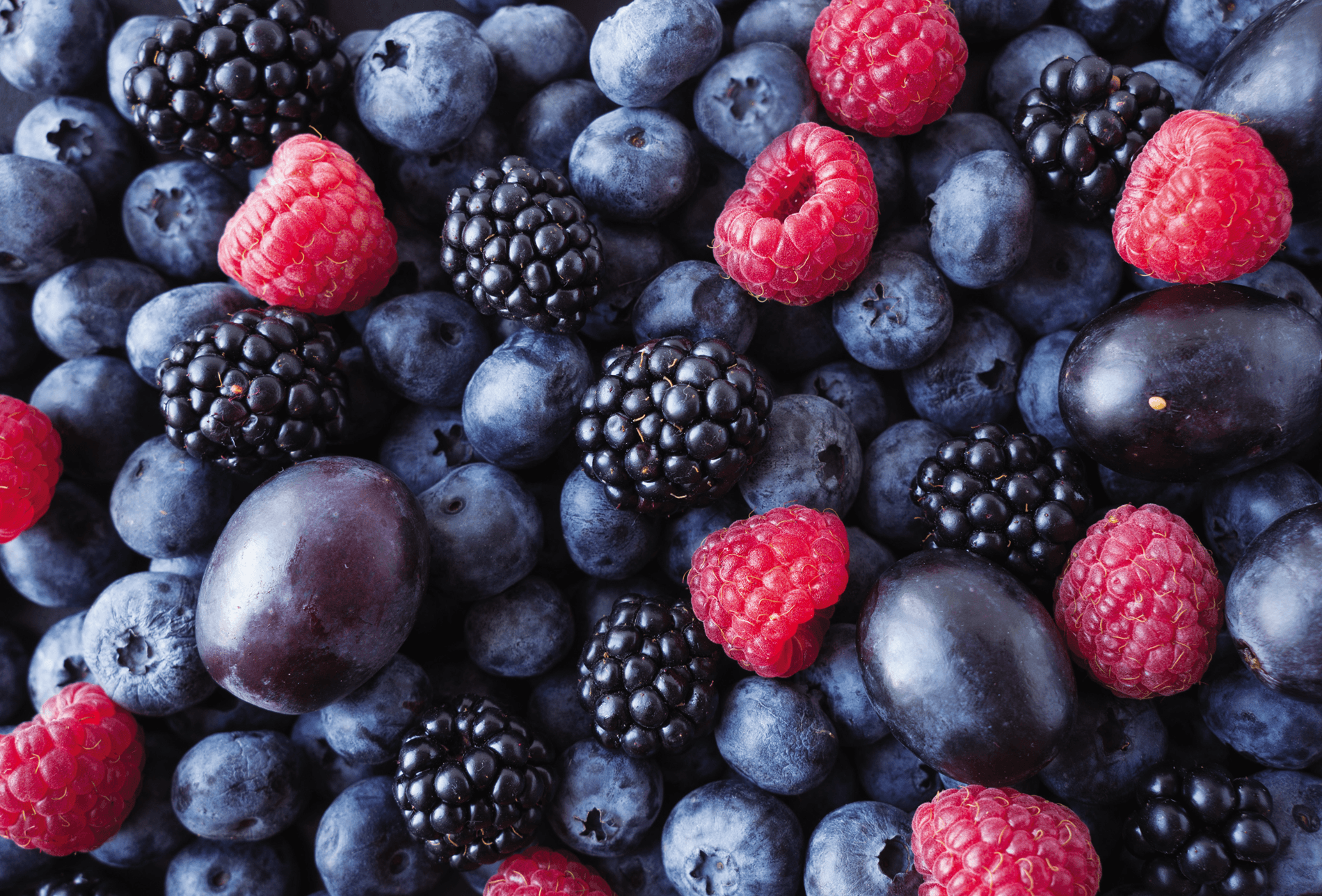Technically Connected For A Decade
)
In the early 1990s, when I was first involved in growing strawberries and raspberries, we were regarded as pioneers in the west as we adopted methyl bromide-treated raised polythene beds and trickle irrigation for our PYO crops.
Even then we were playing around with what the Dutch called 'pillow culture' with some small 50cm BVB peat bags.' The raised-bed system for strawberries served the industry very well throughout the 1990s, with the advent of Spanish type tunnels and specialised machinery designed for bed making and picking rigs on some farms. Life was good, and fairly uncomplicated.
So, what changed? The loss of methyl bromide as a soil sterilant, the (not so ) steady increase in labour costs, and the need for planning permission for polythene tunnels all drove growers to look for an alternative production system.
And so it was, that many growers went, kicking and screaming, down the route of substrate growing systems.
It was exactly 10 years ago that I first met Kalum and Samantha, who own Sri Lankan-based family business, 'Botanicoir. At the time, growers were having to use peat bags primarily for substrate fruit systems. These came with issues. The bags were heavy, expensive to transport, and very often provided too fine an environment for healthy root growth. Peat extraction was also becoming a sensitive issue.
Botanicoir was working with a 100% coir mix ' the product of using, what was at the time, a waste product from the Sri Lankan coconut industry. Immediately I could see the advantages. The product arrived on the farm compressed and dehydrated, and so was very efficient in terms of handling. The open mix had wonderful structural integrity, providing a healthy environment for the root zone, and this material could also be re used! As a manufactured product, consistency from one bag to the next was also much more achievable.
We worked closely with growers to understand their needs, as substrate systems gained traction here in the UK. In doing so we fine-tuned our mix to develop our 'Precision Plus' grade. This was the product that really put Botanicoir on the global map.
The quality and consistency gave growers the confidence to continue to expand into these systems, overcoming many of the problems previously seen with such materials. Not content to rest on our laurels, we continued to develop 'our 'Precision Plus Ultra' grade ' providing our most open, steerable and reusable product yet. For many large growers in the UK this is now the product of choice. And we are still 100% coir!
10 years later I like to think that Agrovista and Botanicoir have done our small bit to help move the industry from soil to substrate, a material that is environmentally sound, consistent, and maximises the potential output for our grower clients.
Not content with just providing a premium-quality substrate, we started look at the options for improving the systems within which some of this substrate was used. So, also 10 years ago, Agrovista struck up a trading relationship with Bato, a Dutch specialist in the design and manufacture of' substrate trough and pot systems to maximise output from healthy plants.
Certainly, the company pioneered square pots on legs for the cane fruit market, and trough systems to optimise substrate volume per plant, whilst still providing ideal drainage and growing conditions. Still today we see new technology being used to further improve the offer to growers, using experience gained from all over the globe.
The move to substrate, produced in a protected environment, opened the doors to the adoption of biological control techniques. Root-zone dwelling pests are more easily controlled in the confines of a substrate crop and natural predators can be utilised under the tunnels. In my mind, the fruit industry has led the way in these biological techniques. Our partner for 10 years, Koppert UK, has worked closely with our Agronomy team to help growers control pests, whilst keeping residues to the absolute minimum.
Volumes of insects now used to help our grower clients have increased dramatically, to the point that we now have tractor mounted technology to aid application, and apps to aid recording.' Managing a spray programme around the biological programme is crucial for its success, which is where our agronomy team adds real value to our farms.
In summary, the past 10 years has been a very exciting time to be involved in an industry that has evolved at such pace. I think soft fruit growers are a unique breed of pioneering business people ' keen to adapt to change and to adopt new technologies,whilst producing a fresh , healthy, home-grown product for a much extended season on our retailers' shelves.
Who knows what the next 10 years will bring? There are immediate challenges of course in terms of politics and labour cost and availability. The changing climate will also continue to demand changes in crop production methods. 'I would expect to see even more developments in terms of variety choice, in terms of growing systems, and of course technology will inevitably play a part in automation and crop monitoring. Demand for our soft fruit product though, I hope is here to stay, and will continue to grow at a rate that must be the envy of many other industries.
So, watch this space ' Agrovista, and our partners, intend to help play our part in the next 10 years also.
'
'
'



)
)
)
)
)
)
)
)
)
)
)
)
)
)